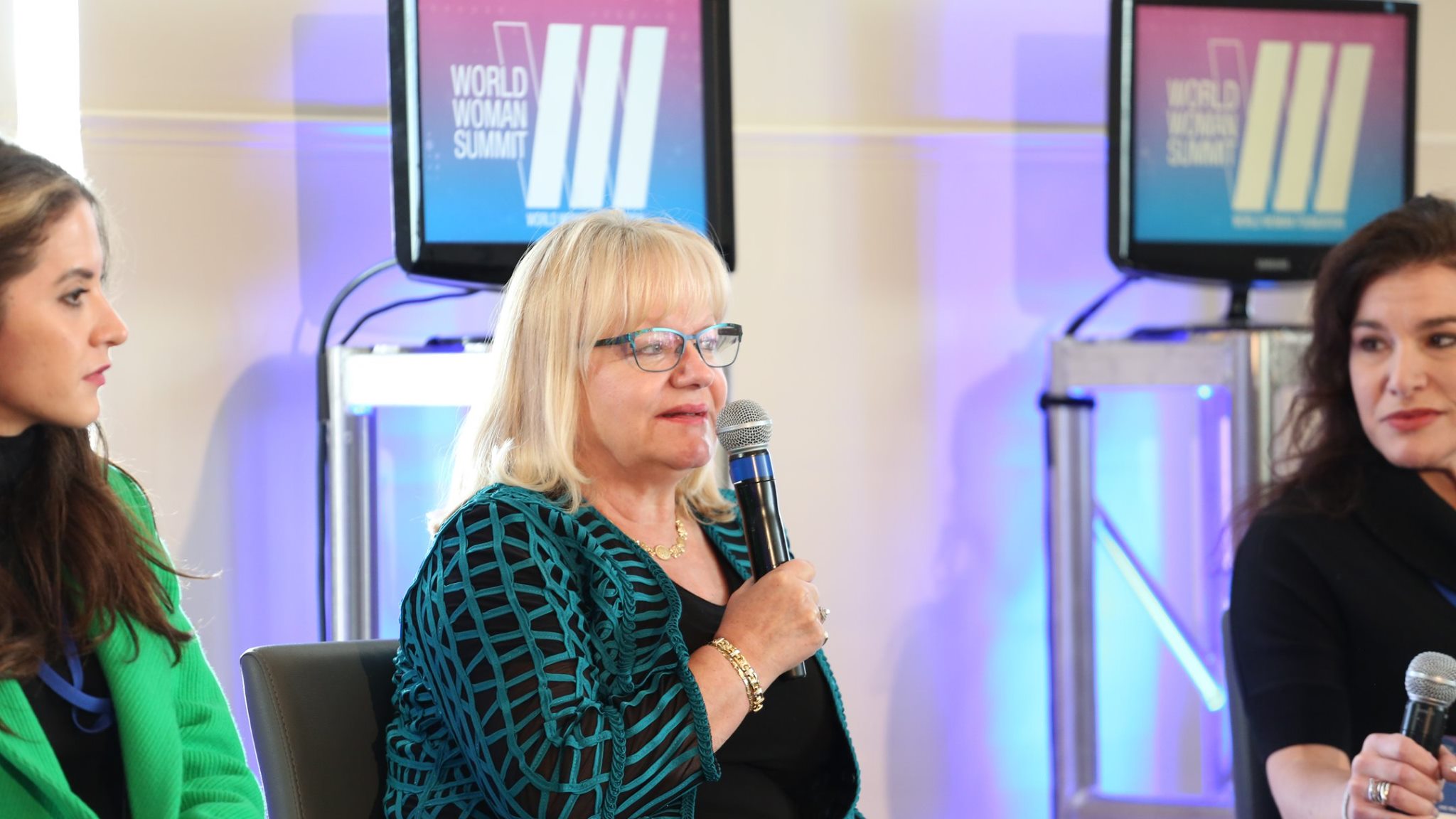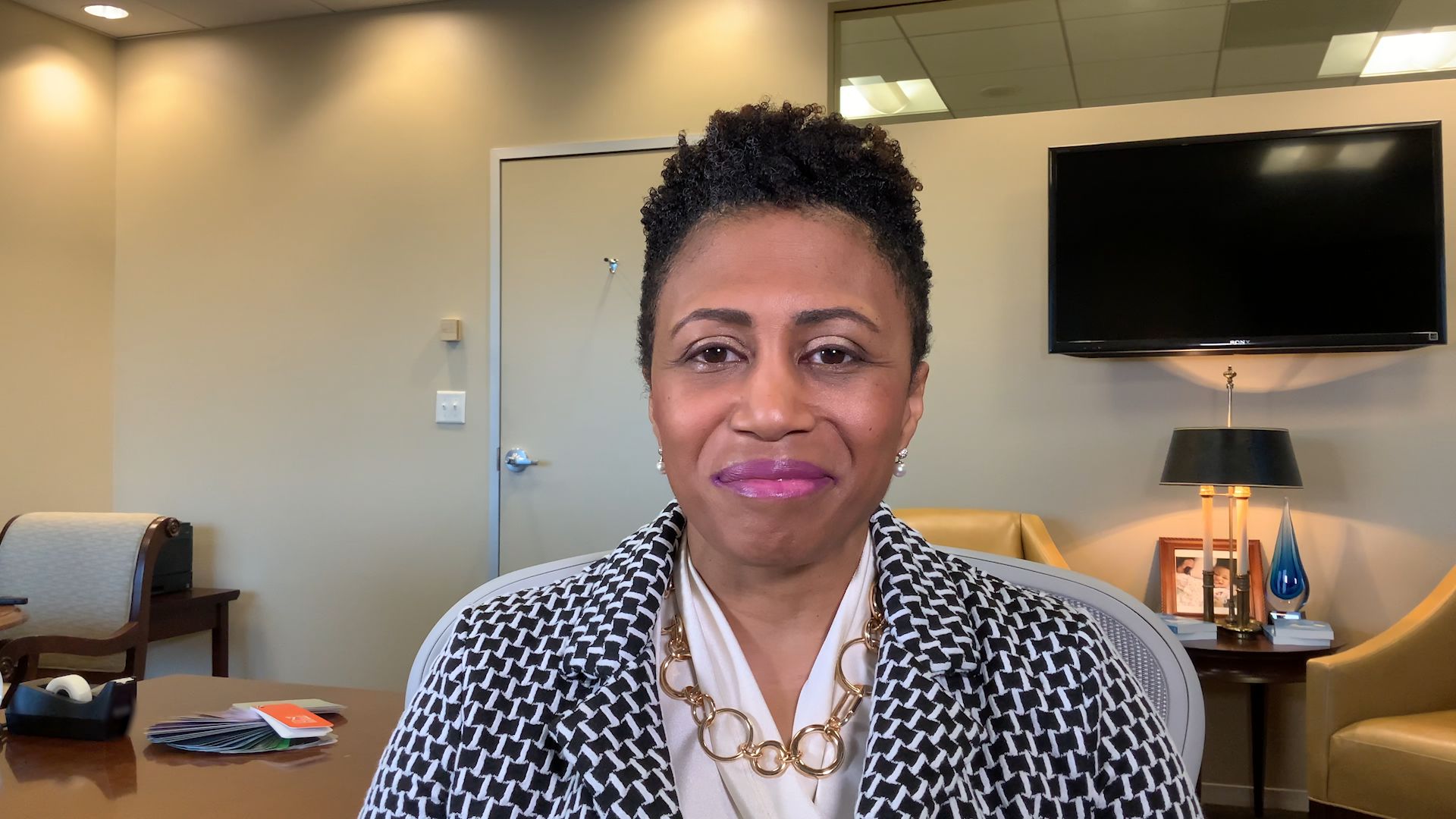Dr. Sandy Chong, an accomplished sustainability innovator and entrepreneur, highlighted the challenges faced by women in male-dominated industries like tech. With her extensive experience, she emphasized the critical role of women in leadership positions, citing statistics that demonstrate the positive impact of gender diversity on business performance. Dr. Chong underscored the importance of inclusive decision-making and collaboration to unlock innovation and meet sustainability goals.
“Companies with more than 30% female representation on boards see significant increases in sales, investor capital, and equity—a compelling case for diversity in leadership.”

Progressive Leadership:
Florian Schick, President of Merck in Switzerland, emphasized the significance of progressive leadership in driving diversity and inclusion. He shared Merck’s commitment to gender parity by 2030 and outlined concrete initiatives, such as fertility benefits, aimed at supporting employees’ well-being and career advancement. Florian stressed the business imperative of embracing diversity to remain competitive in the rapidly evolving tech landscape.
“By fostering a culture of inclusivity and implementing policies such as fertility benefits, Merck is paving the way for a more supportive and diverse workplace.”
 Integrating Diversity into Tech Innovation:
Integrating Diversity into Tech Innovation:
Marija, CEO of ARTIDIS, highlighted the importance of diversity of thought in driving innovation in tech startups. She emphasized the need for open-mindedness and meritocracy in hiring practices to attract top talent from diverse backgrounds. Marija’s approach underscores the value of diversity in problem-solving and adapting to unique challenges, ultimately driving success in the competitive tech industry.
“Diversity of thought is essential in driving innovation. Prioritizing meritocracy and seeking out the best talent regardless of background fuels our groundbreaking oncology technology.”
Accelerating Sustainable Leadership: 
Natalia Olynec, Chief Sustainability Officer at IMD School, emphasized the urgency of sustainable leadership in addressing global challenges. She emphasized the intersectionality of sustainability, diversity, and technology, advocating for a holistic approach to leadership development. Natalia stressed the need for collaboration across sectors and the inclusion of diverse perspectives to drive systemic change and achieve sustainable development goals.
“In a world grappling with environmental and social risks, diverse perspectives are essential for driving meaningful change and accelerating progress towards a more sustainable future.”

Empowering Women in Tech:
Safia Agueni, leader of Women in Tech Switzerland, highlighted the importance of allyship in advancing gender diversity in the tech industry. She underscored the need for collective action and partnership to accelerate existing allyship initiatives and remove barriers to inclusion. Safia’s call to action emphasizes the role of technology as an enabler for empowering women and driving progress towards sustainable development goals.

“Allyship is a key pillar in our strategy for Women in Tech Switzerland. Through strategic initiatives and partnerships, we are driving meaningful outcomes and challenging the status quo.”
The World Woman Davos Agenda’s panel on “Women in Tech & Allyship” showcased the critical importance of diversity, inclusion, and sustainable leadership in the tech industry. Through personal anecdotes, insightful perspectives, and actionable strategies, the panelists demonstrated the transformative potential of allyship in driving innovation and advancing sustainable development goals. By fostering inclusive cultures and embracing diverse perspectives, the tech industry can pave the way for a more equitable and sustainable future.



















